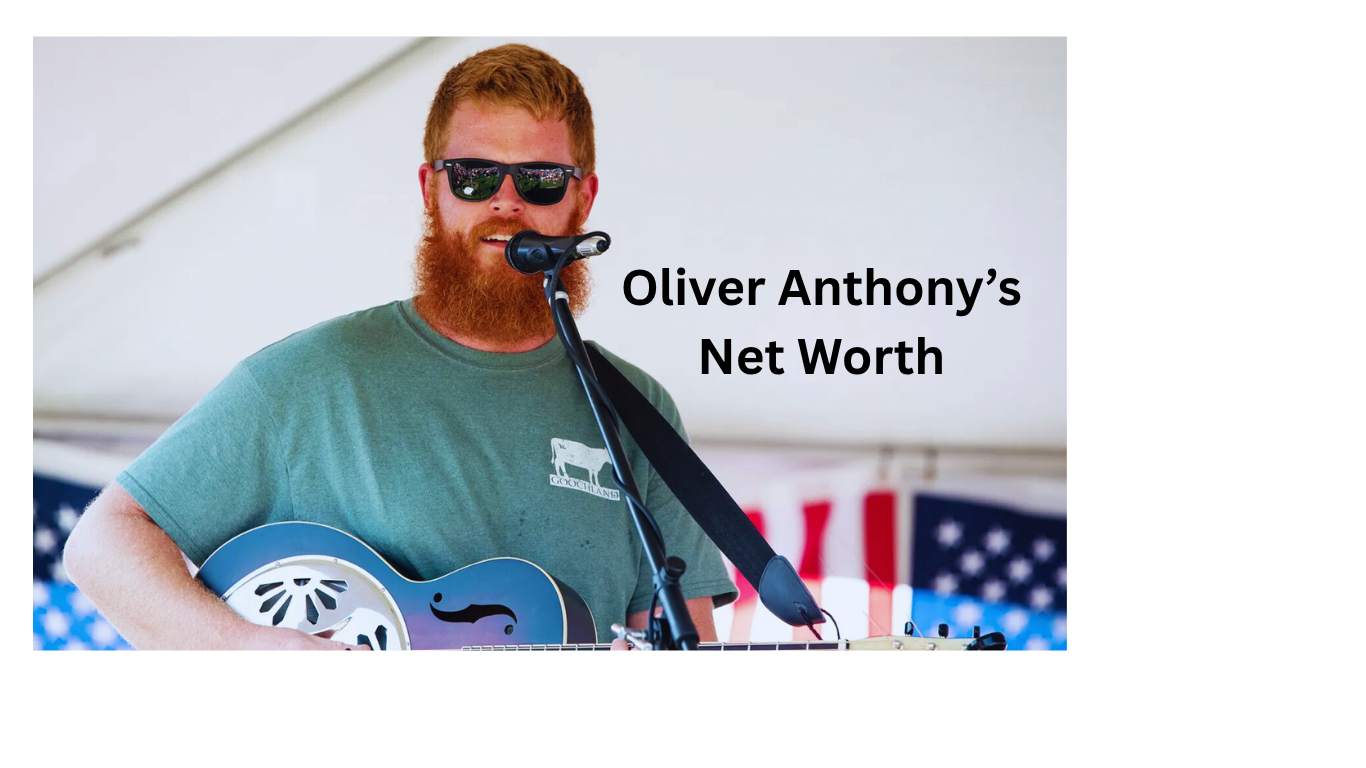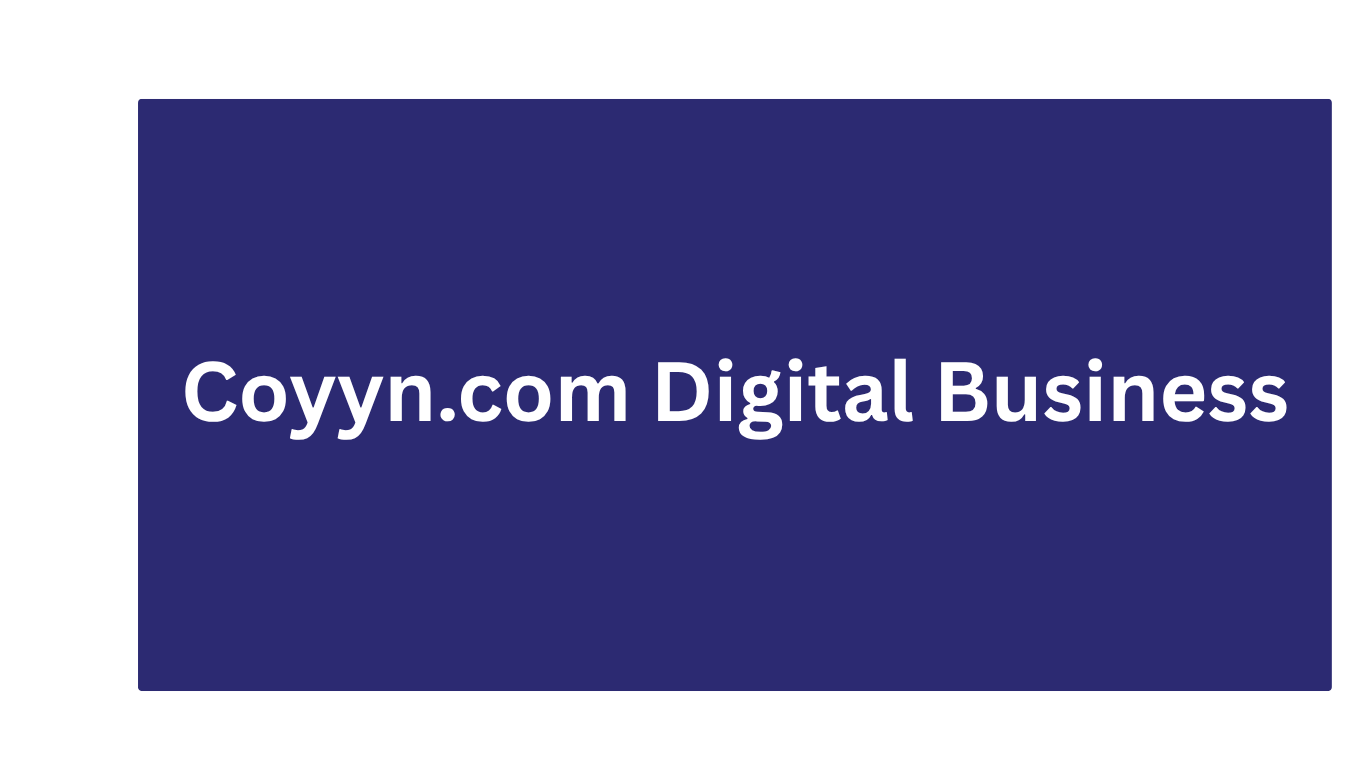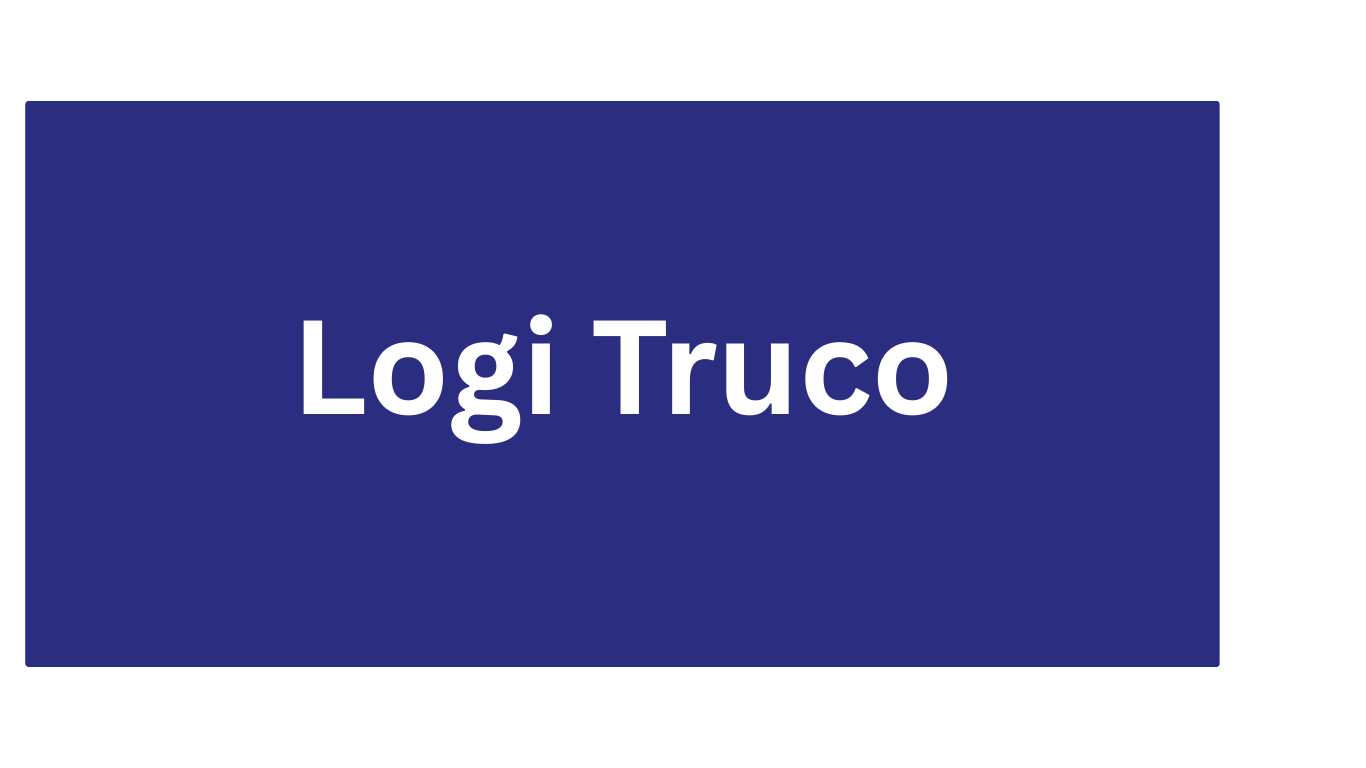In a rapidly evolving digital environment, the convergence of faith, technology, and social consciousness creates fascinating opportunities for new forms of dialogue and engagement. One such intriguing development in this field is the phrase “Watchmen on the All Calvin.” While the term may seem puzzling at first glance, its combination of biblical references, technological themes, and social commentary offers rich opportunities for exploration. In this blog post, I will deconstruct the layers of meaning behind WatchmenontheAll Calvin and explain how it serves as a metaphor for the role of modern individuals and communities in the digital age.
Analyzing the Term: WatchmenontheAll Calvin
The core of Watchmen on the All Calvin can be interpreted as a modern interpretation of the concept of a watchman, a concept deeply rooted in religious and social traditions. The term “watchman” appears throughout the Bible, especially in the Old Testament. A watchman is someone tasked with watching over a city and ensuring the protection of the community through early identification of danger. The role of the guardian is therefore both responsible and vigilant. It refers to someone who is vigilant, attentive, and willing to work for the common good.
The addition of “to all” seems to suggest a call for vigilance that is universal in scope, that is, not just to a particular community or place, but to the world at large. This can be seen as a response to the interconnectedness of the modern world, where advances in technology have enabled individuals to have a global perspective and influence.
The name “Calvin” could refer to many figures, but it is most likely to be John Calvin, the 16th-century Protestant reformer who shaped much of Reformed theology. Calvin’s influence is still strongly felt in various areas of Protestantism, especially in theology, politics and social ethics. Calvin’s focus on human depravity, God’s sovereignty and the importance of living according to the Bible can be linked to the notion of “awakening” in the sense of moral and ethical consciousness in a fallen world. The combination of Watchmen on the All and Calvin brings a theological dimension that calls on individuals to consider not only their social responsibilities but also their moral and spiritual obligations in an increasingly complex world.
“Watchmen on the all Calvin” can therefore be seen as a call to vigilance, responsibility and spiritual awareness in meeting the challenges of the digital age.
The role of the guardian in the digital age The idea of a guardian is particularly relevant in our current age of digital connection. We are constantly bombarded with information, both true and false, through social media, news outlets, and personal networks. The rise of the internet and social platforms challenges us all to be more vigilant and critical in processing and sharing information.
In a world where misinformation spreads like wildfire and social divisions are exacerbated by online echo chambers, the concept of a “watchdog” becomes a powerful metaphor for digital citizenship. This role requires individuals to move from being passive consumers of information to becoming active participants in upholding truth and integrity. It also points to the need for moral and ethical leadership in a space where many of the traditional social, political, and religious boundaries are becoming blurred and even broken. In this spirit, Watchmenontheall Calvin speaks of the obligation of those who are aware of the potential dangers of the digital world to serve as truth-tellers and guide others through the murky waters of online discourse and digital engagement. Whether it be fact-checking, encouraging healthy dialogue, or challenging harmful behaviors, guardians must be ever vigilant and proactive in building safe and informed environments for all.
The Theological Aspects of Watchmenontheall Calvin
The addition of “Calvin” brings an important theological dimension to the conversation. John Calvin’s teachings were deeply rooted in the idea of “Divine Sovereignty” – the belief that God is in control of all aspects of life and that people must live in a way that recognizes this divine authority. For Calvin, people have a responsibility to live according to God’s will as revealed in Scripture, and this had profound implications not only for personal piety but also for social ethics. In the context of Watching Calvin, this theological background may encourage individuals to view their actions, both online and offline, through the lens of Christian ethics. How do we respond to injustice? How can we participate in online discussions without compromising our values of goodness, truth, and honesty? What role does God’s sovereignty play in our digital interactions?
Calvin’s emphasis on individual responsibility and communal obligation also suggests that the task of the “watchman” cannot be accomplished alone. It is a call to community, collaboration and mutual responsibility. In a time when people are more separated than ever, Watchmen on the All Calvin reminds us that we are all connected, not just through technology, but through our shared moral and spiritual obligations.
For those who follow Calvinist theology or are influenced by Reformed thought, there is an added responsibility to remain vigilant against the potential dangers of secularism, relativism and moral decadence in the world. The digital age, with its emphasis on instant gratification and changing moral standards, can be seen as a battlefield for maintaining Christian values in a rapidly changing society.
Social Awareness and Call to Action
“Watchmen on the All Calvin” also has a profound impact on social consciousness. The term suggests that the role of parents is not simply to monitor, but to proactively detect and respond to threats. These threats can be political, social or ethical, but they can also be digital. From the spread of disinformation to the rise of cyberbullying, there are countless problems in the digital age that require people to not only be aware of the dangers but also to actively advocate for justice, equality and truth. Some might argue that social media itself has become a kind of modern “watchtower” where people are constantly observing, commenting, and interacting with the world around them. But this digital vigilance is not always used for good. The ease with which people can share unverified information or spread harmful rhetoric online is evidence that a more conscious and ethical engagement is needed.
A “guardian” in this context is someone who is aware of the power they wield in the digital space and uses that power to create positive change. Whether confronting online hate, advocating for marginalized communities, or simply contributing to civil debate, the role of modern watchdogs is inextricably linked to social responsibility. The role of Calvinism in forming vigilant communities
Calvinistic thinking provides a framework for understanding how we, as members of a community, should engage with the world. Calvin believed in the importance of a disciplined and morally rigorous life guided by Scripture and an understanding that every aspect of life is subject to God’s sovereignty. This theological perspective is crucial when considering the ethical implications of the digital space.
The digital age presents new challenges that Calvin himself could not have foreseen. But his emphasis on living consciously, interacting responsibly with the world, and understanding the impact of one’s actions on society provides a guiding light. For Calvinists, being a “watchdog” means approaching the digital space with an awareness that our online activities reflect not only the individual but the community and the church as a whole.
Conclusion: A call for vigilance and responsibility
In summary, the phrase “watchman of all Calvin” conveys a powerful message for the digital age. He urges people to be spiritually and socially vigilant in the face of the unique challenges posed by our interconnected world. It demands moral clarity, ethical leadership, and an understanding of the deep responsibility that comes with participating in online communities.
The role of the “watchman” is as important today as it was in biblical times, and John Calvin’s teachings provide a valuable framework for thinking about how we should live in an increasingly complex and often chaotic world. As we navigate the digital environment, we must heed the call to be vigilant, thoughtful and proactive in building a fairer.
For more information, visit our homepage!











Leave a Reply